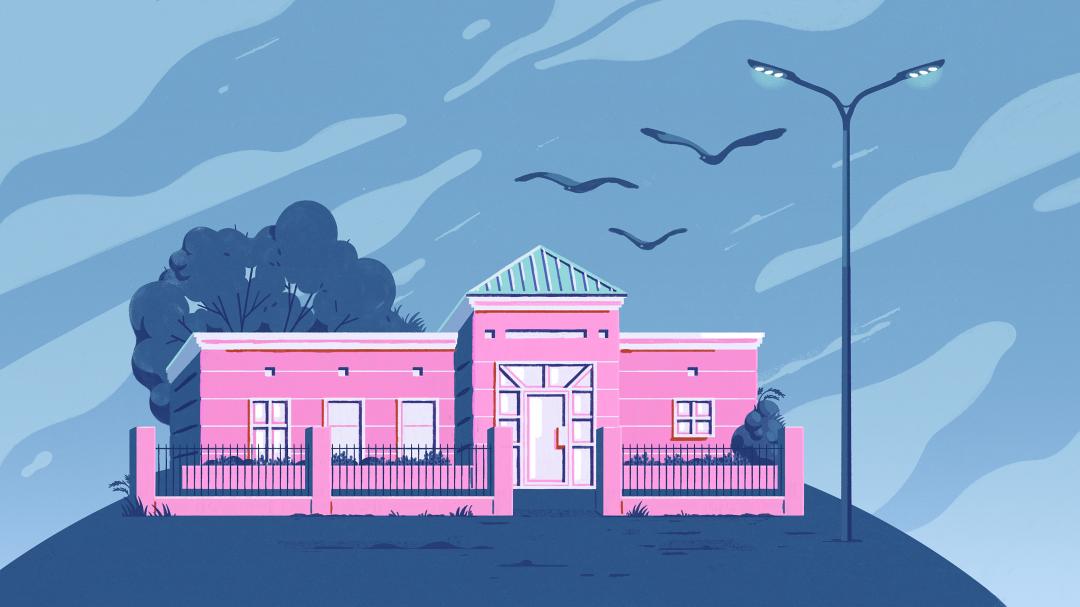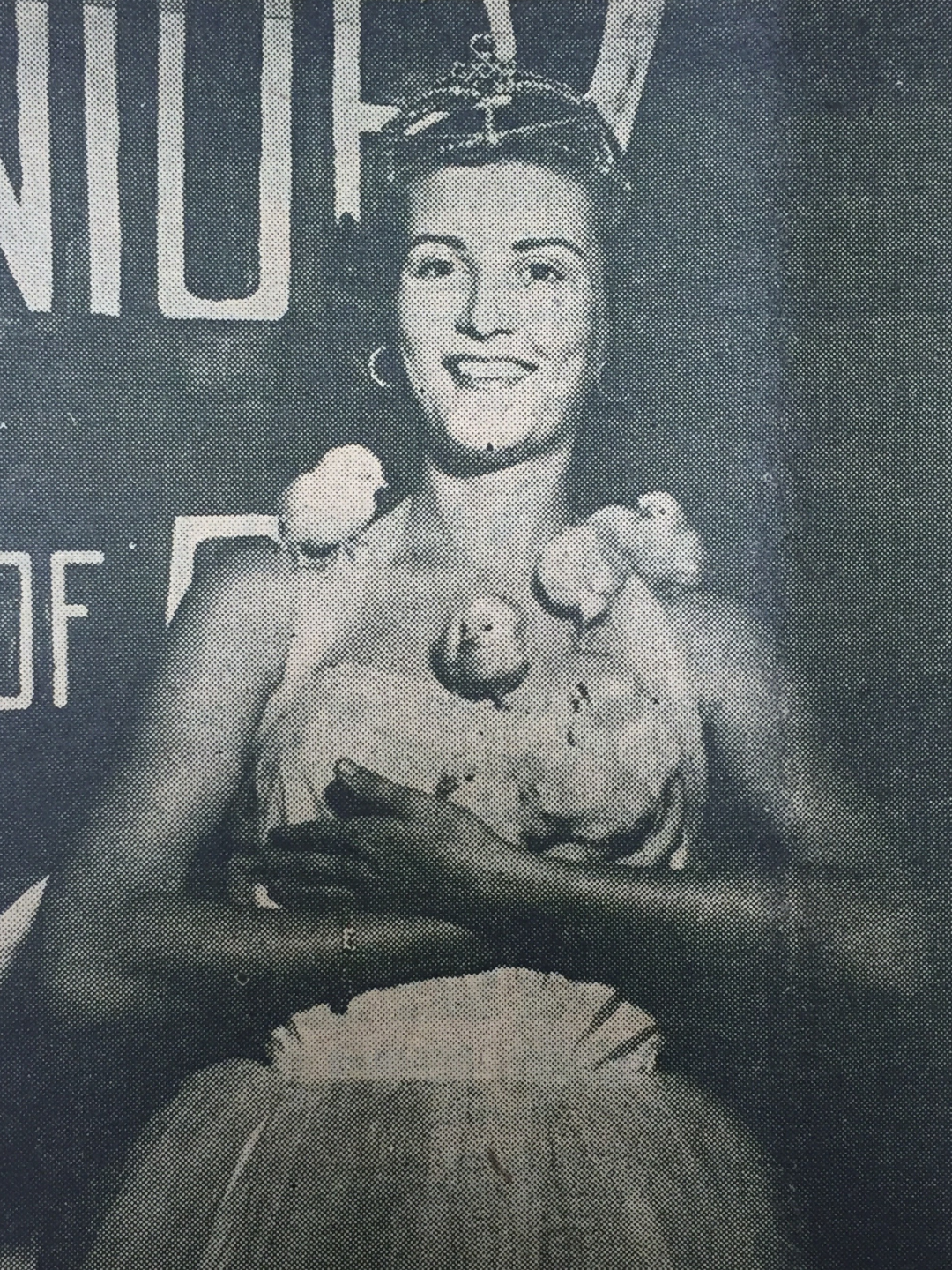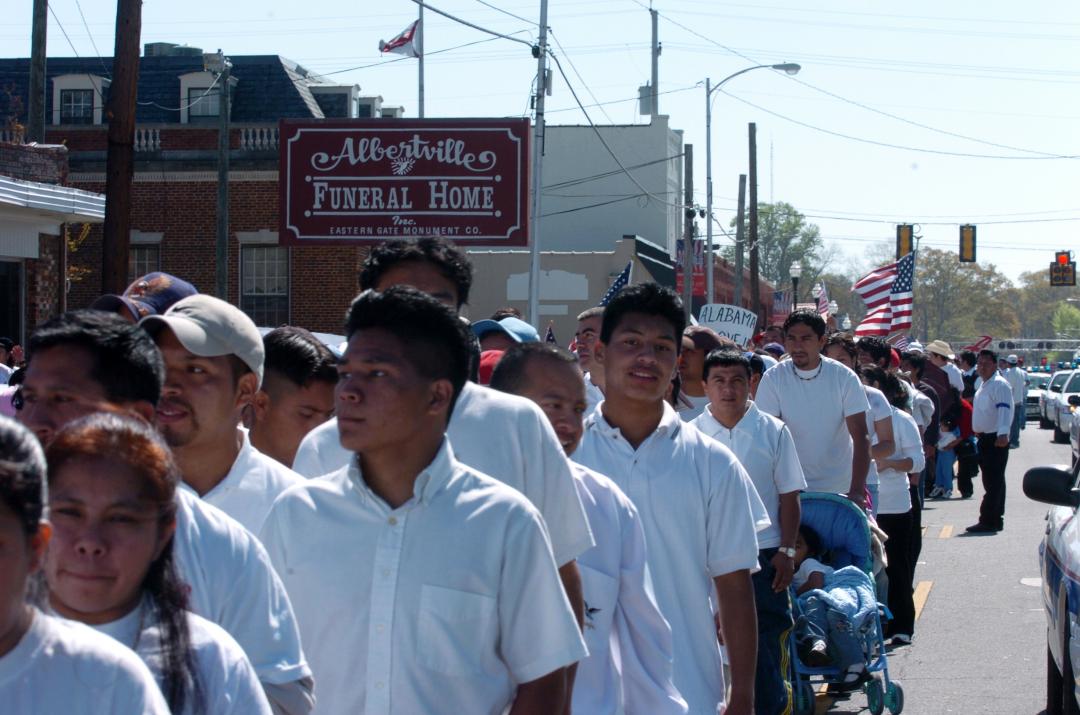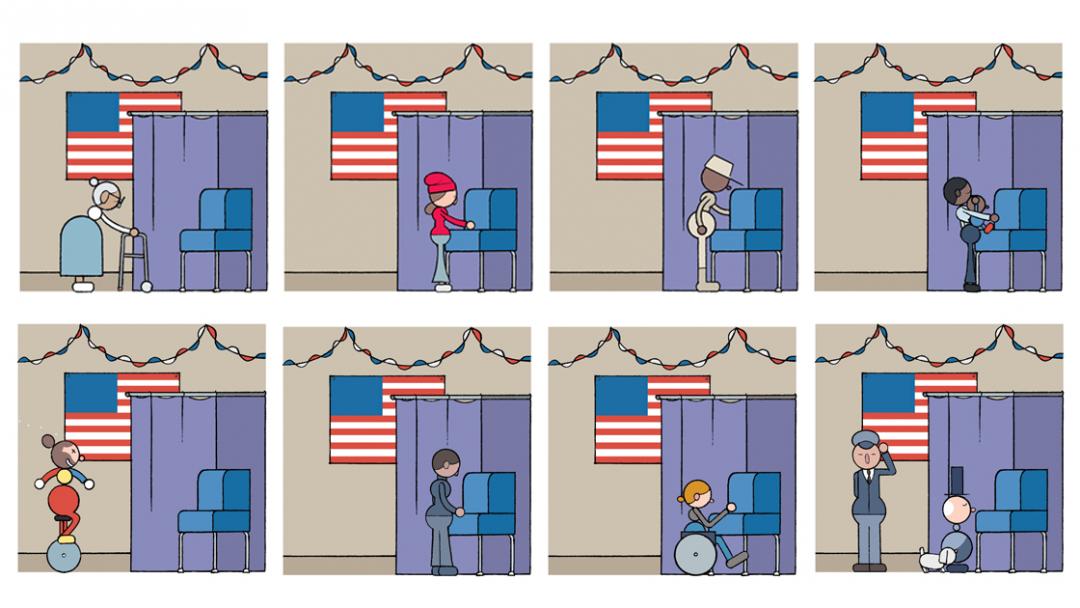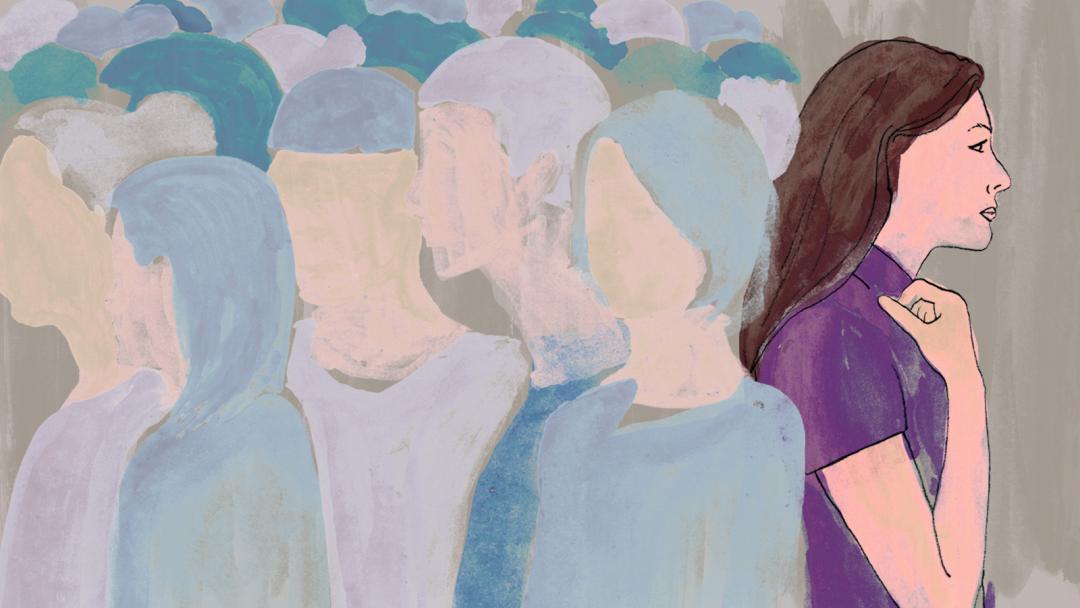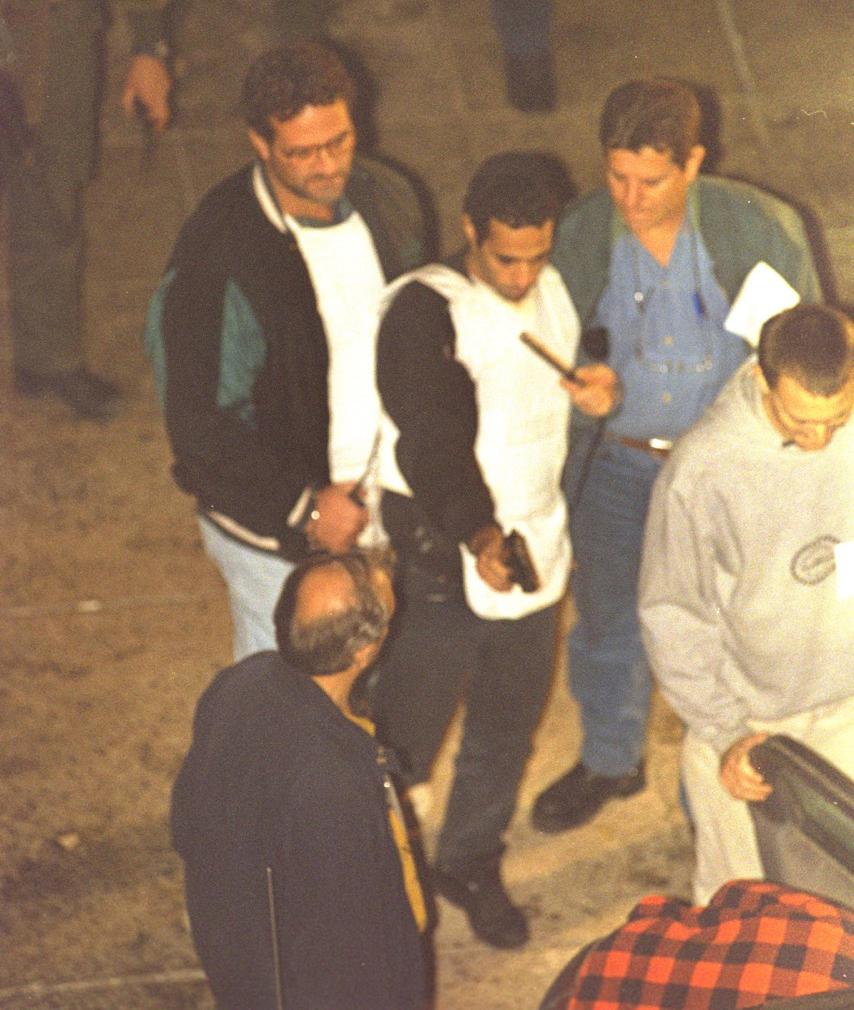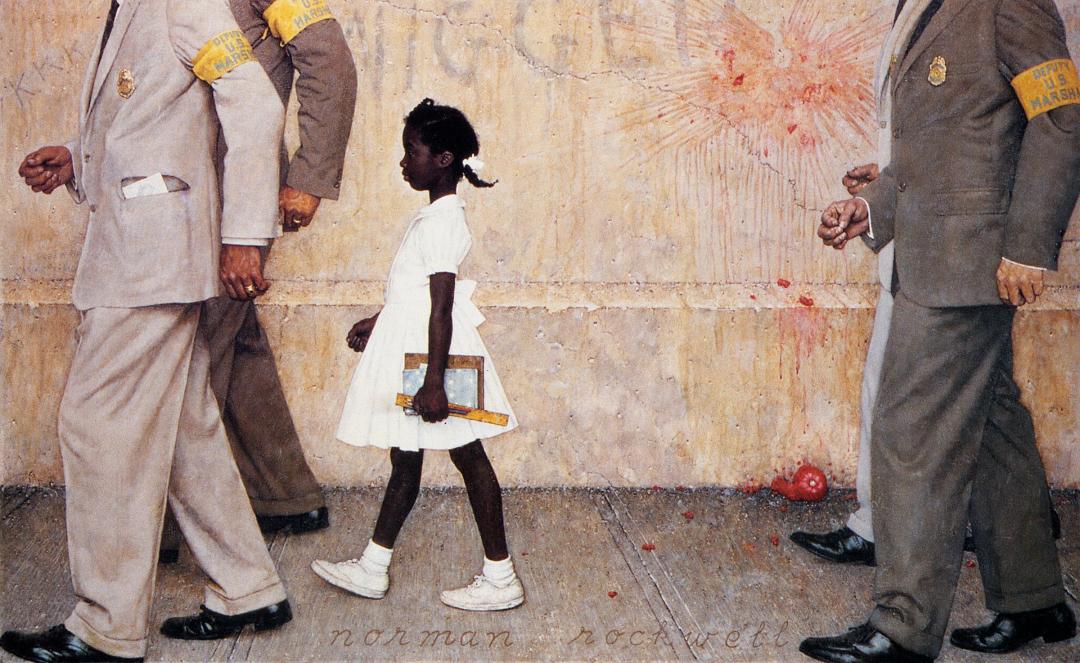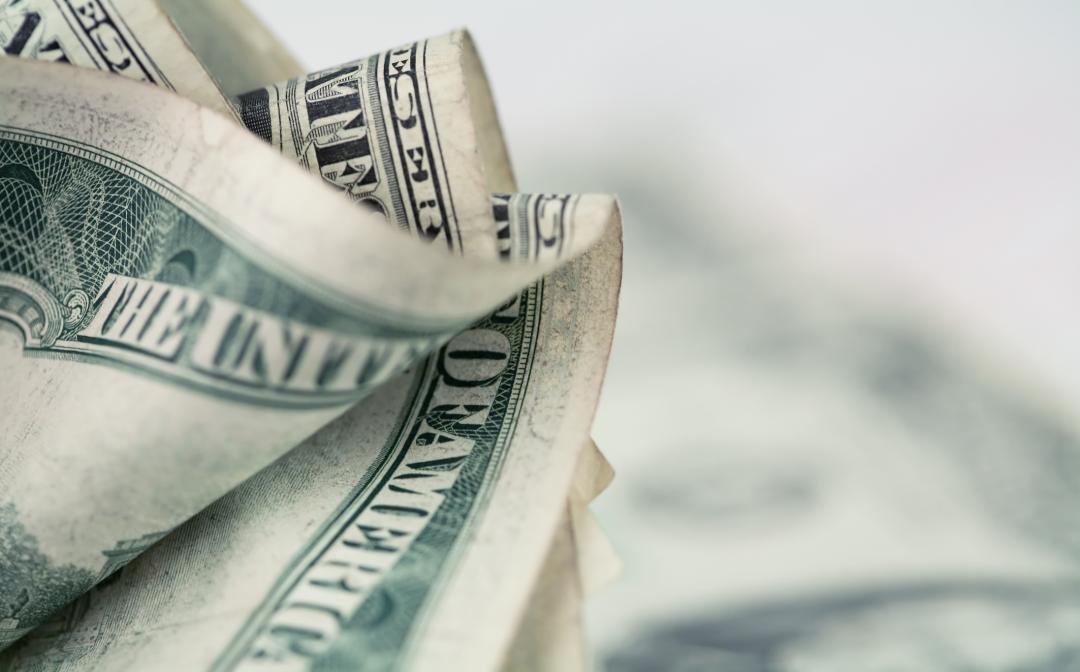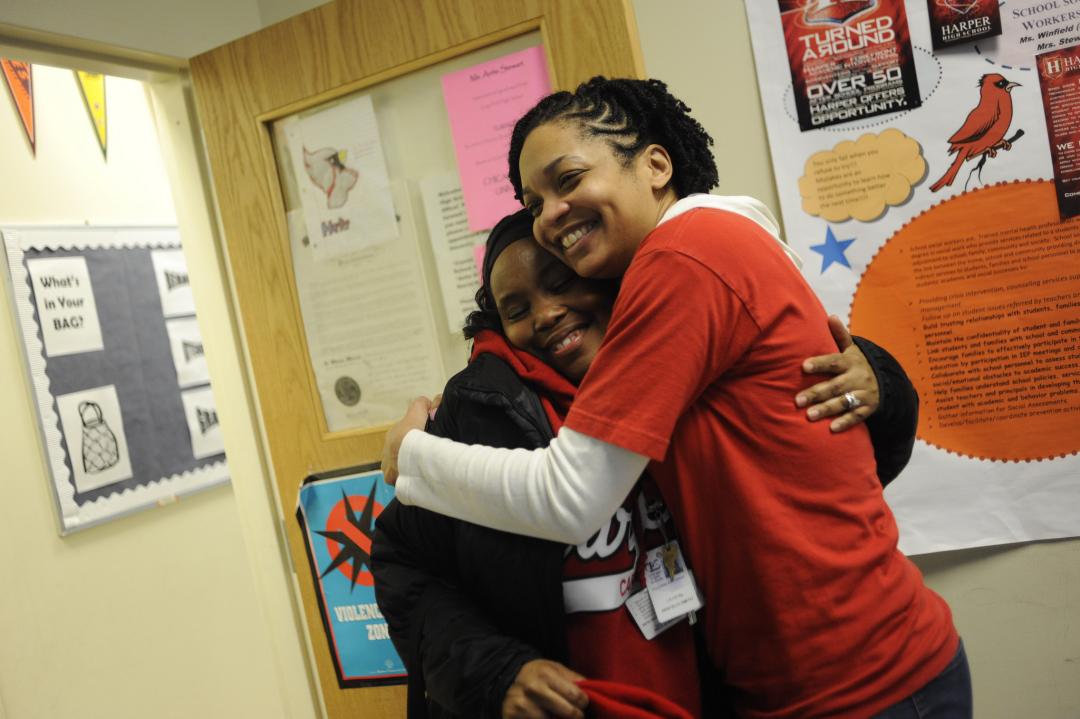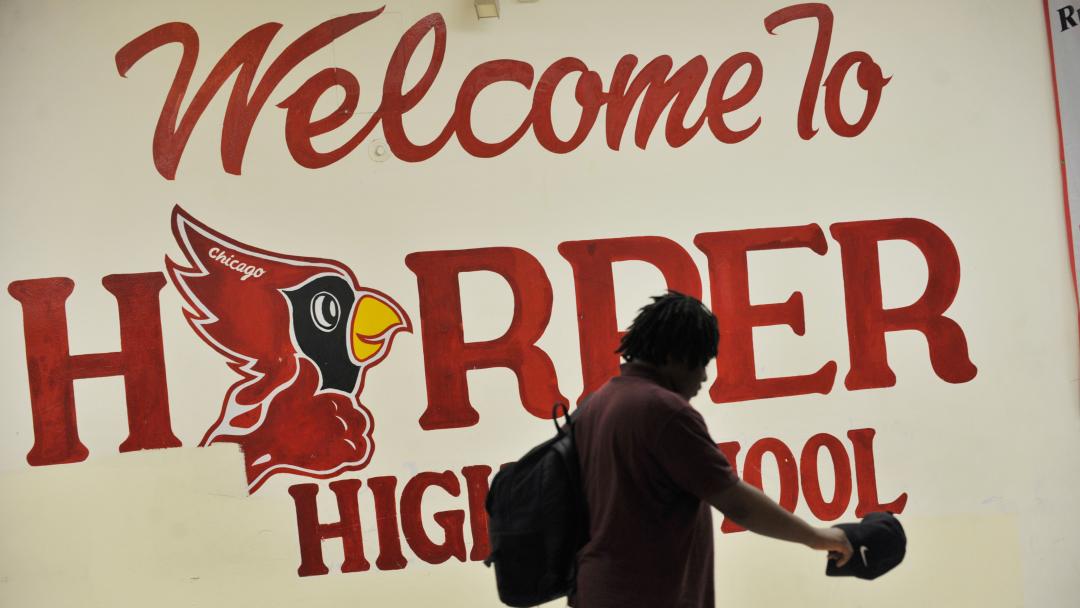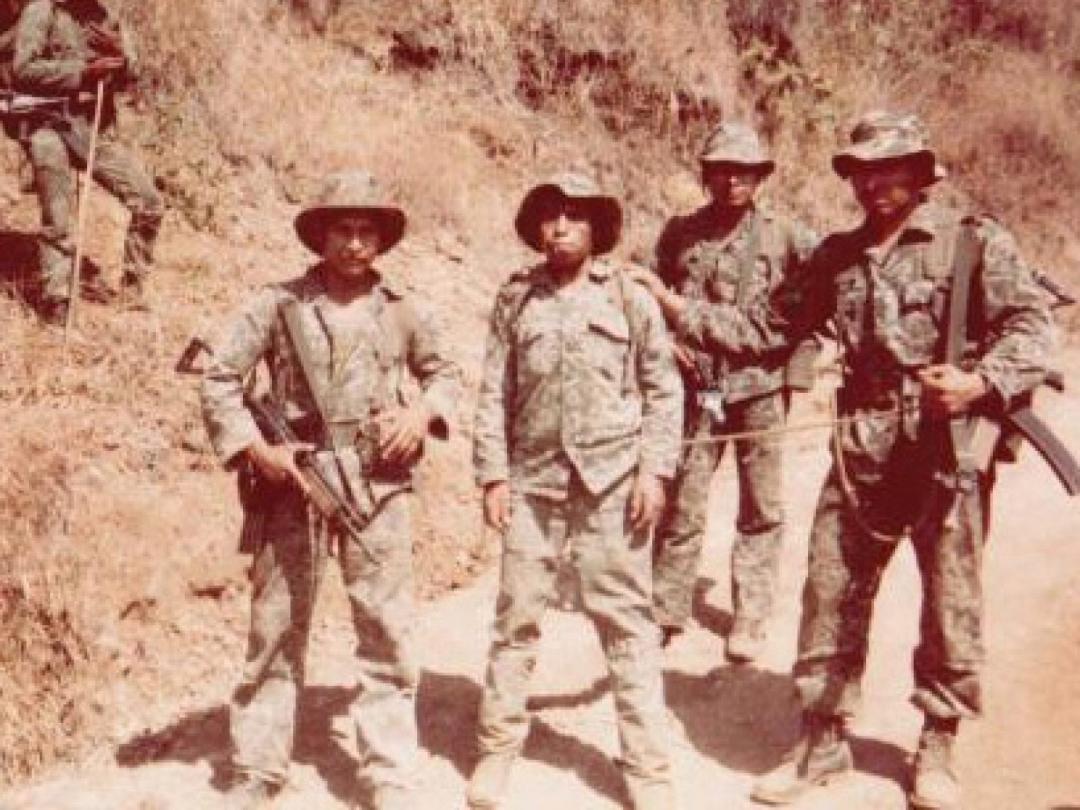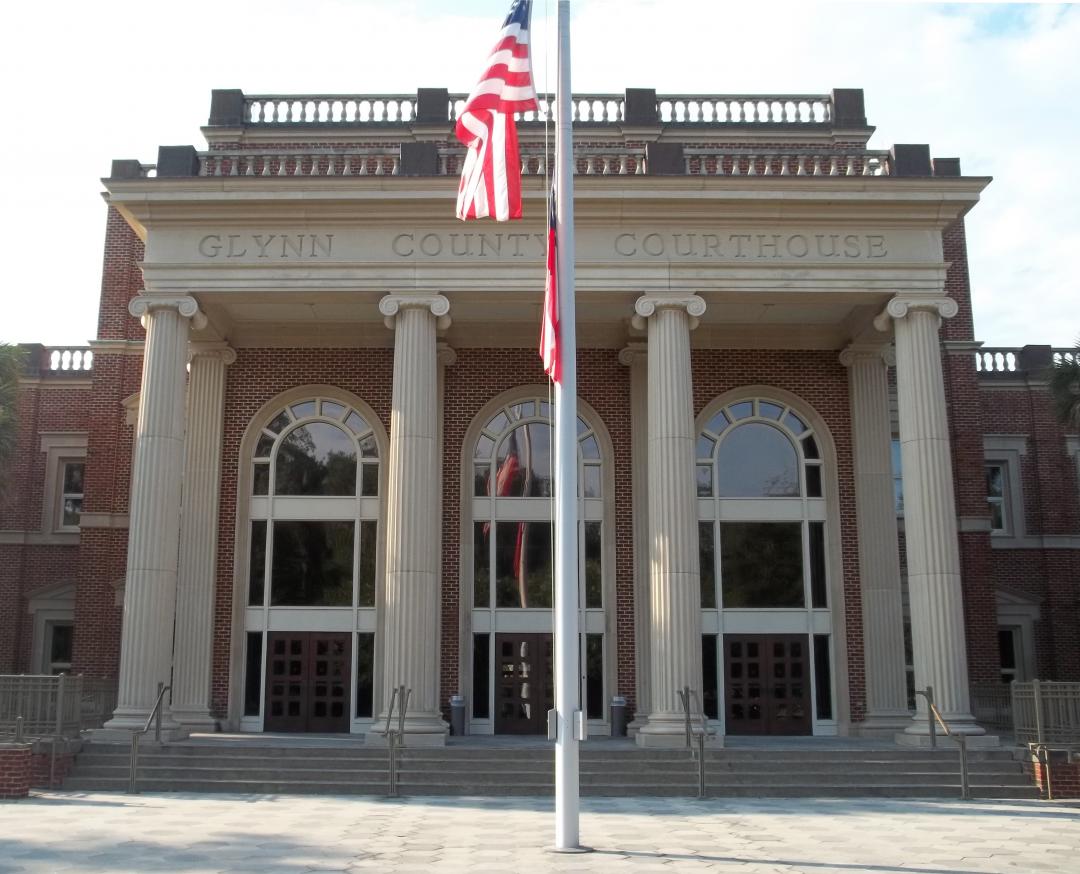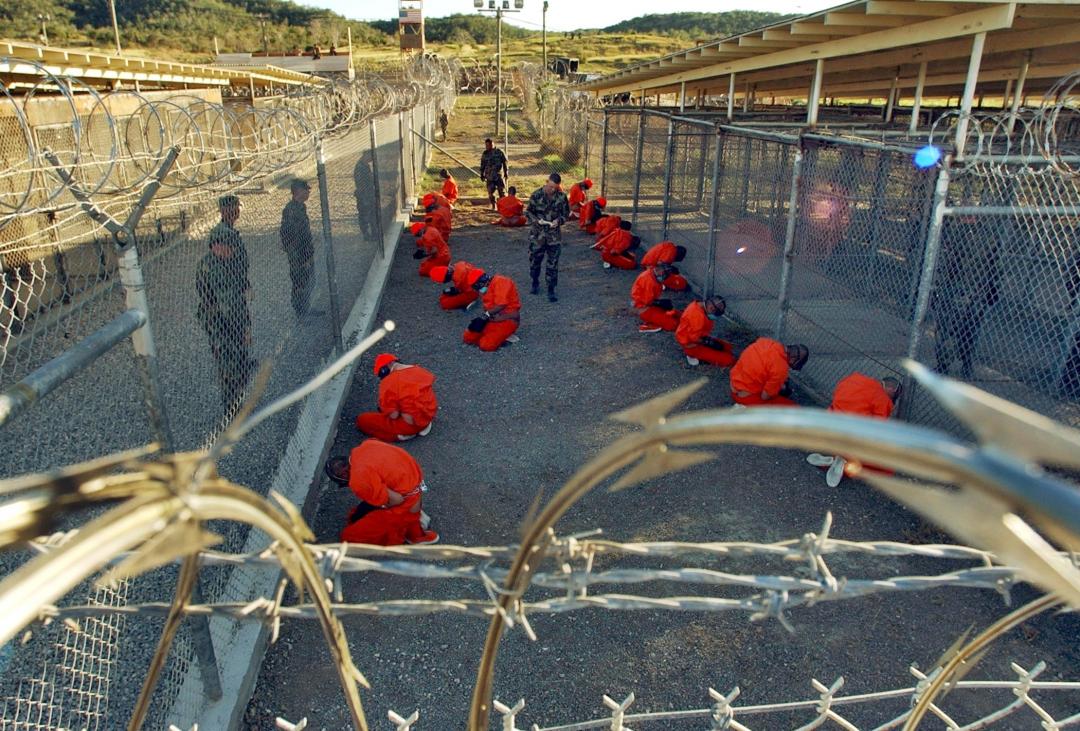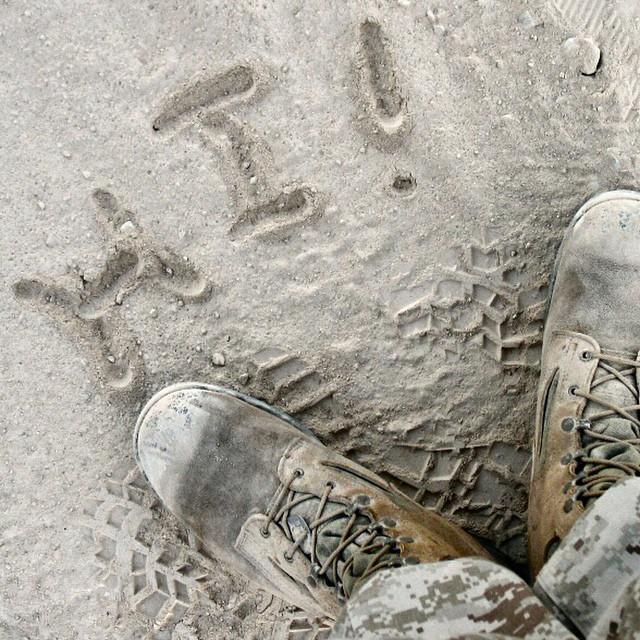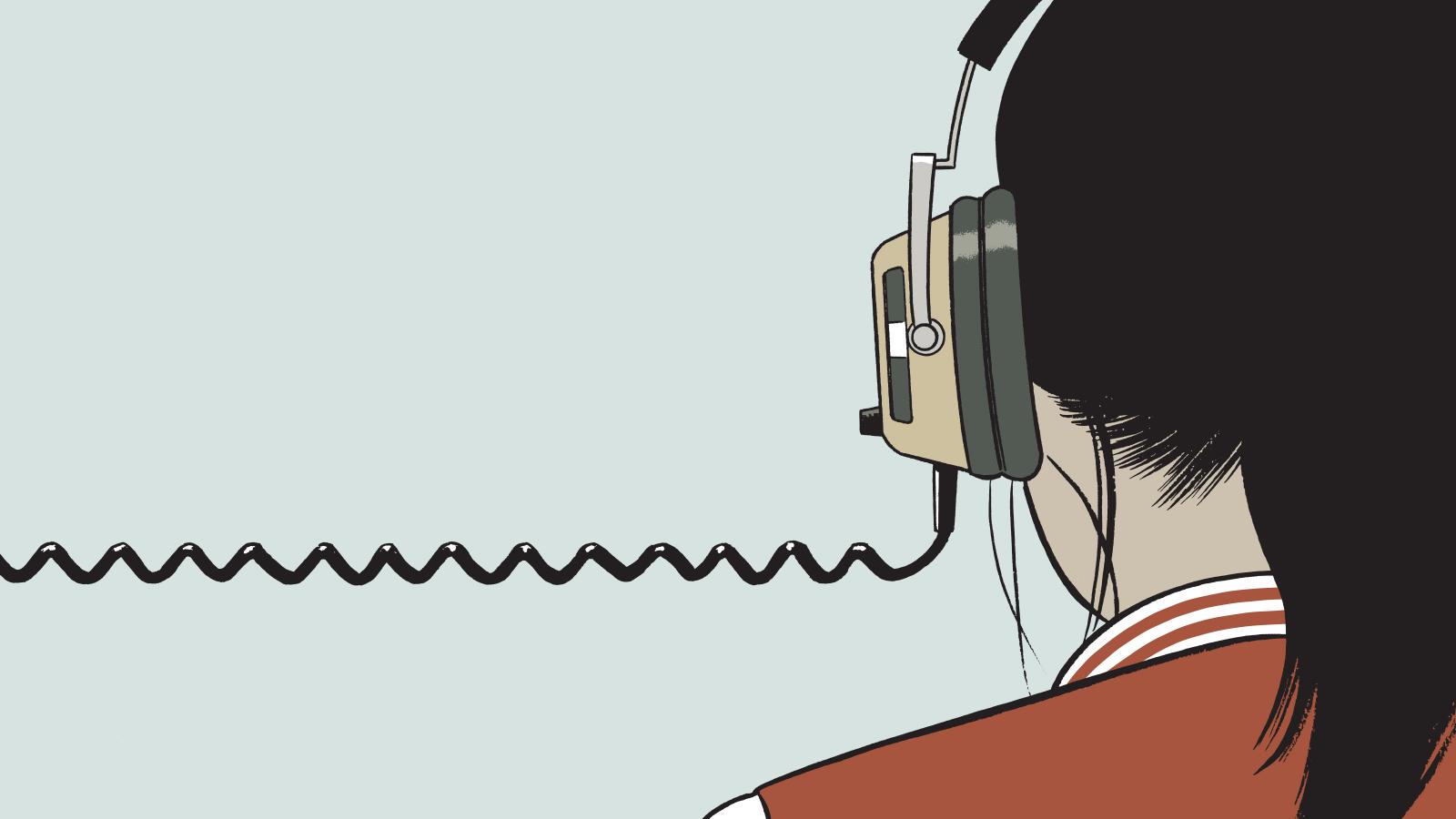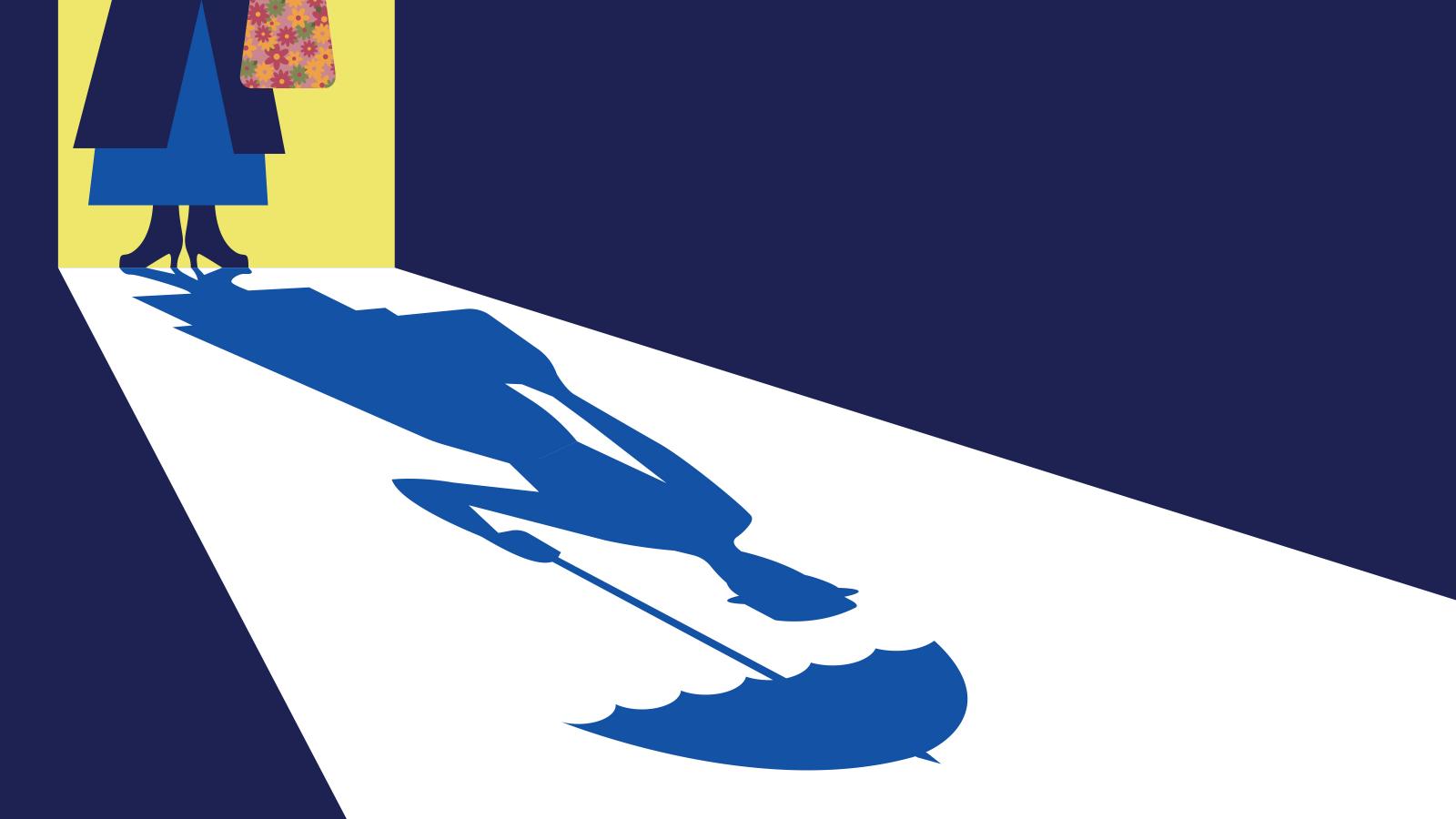Award Winners
These are some of the most ambitious stories we’ve ever done.
We won a Peabody Award for our episode that documented the day Roe v. Wade was overturned. With filmmaker Maisie Crow, we recorded that day in the abortion clinic that's at the center of the Supreme Court case, then headed out from there to other places around the country where the effects of the landmark decision were felt.
The Alfred I. duPont-Columbia University Awards honored our show about Black Americans unexpectedly caught up in the backlash against Black Lives Matter.
Winner of the 2020 Pulitzer Prize for audio reporting for "revelatory, intimate journalism that illuminates the personal impact of the Trump administration's 'Remain in Mexico' policy."
The Alfred I. duPont-Columbia University Awards honored our two-part program on what happened when undocumented workers showed up in one Alabama town.
The Alfred I. duPont-Columbia University Awards honored Zoe Chace’s reporting, as she covered the seismic changes in the Republican Party in 2016.
A 2016 Peabody Award-winner, this story is about doubt: How it germinated, spread, and eventually took hold of an entire community, with terrible consequences.
In 1995, the prime minister of Israel was assassinated. The killer was a lone gunman, Israeli and Jewish, just like the prime minister. Lots of witnesses saw it happen; the assassin confessed immediately, that night, and has never recanted. But today, oddly, lots of people don’t believe it happened that way. And a question hangs over the country: Did this act change the fate of the nation? Dan Ephron and Nancy Updike’s story won an Edward R. Murrow Award for Best News Documentary in 2015.
All sorts of people are trying to rethink and reinvent education, to get poor minority kids performing as well as white kids. But there's one thing nobody tries anymore, despite lots of evidence that it works: desegregation. Nikole Hannah-Jones and Chana Joffe-Walt’s stories won a Peabody and a Polk Award.
This episode about the housing crisis won a Peabody, a Polk Award, and an Alfred I. duPont-Columbia University Award. What does the housing crisis have to do with the turmoil on Wall Street? Why did banks make half-million-dollar loans to people without jobs or income? And why is everyone talking so much about the 1930s? We explain it all to you.
We spent five months at Harper High School in Chicago, where, in 2012, 29 current and recent students were shot. 29. We went to get a sense of what it means to live in the midst of all this gun violence, and how teens and adults navigate a world of funerals and homecoming dances. This two-parter won a Peabody Award and an Alfred I. duPont-Columbia University Award in 2013.
In 1982, the Guatemalan military massacred the villagers of Dos Erres, killing more than 200 people. Thirty years later, a Guatemalan living in the U.S. got a phone call from a woman who told him that two boys had been abducted during the massacre — and he was one of them. We won a Peabody in 2012 for this one.
In this story, which won a 2011 Polk Award, Ira looks at a drug court program that was run differently from every other drug court in the country, doing some things that are contrary to the very philosophy of drug court. The result? People with offenses that would get minimal or no sentences elsewhere sometimes end up in the system five to ten years.
At Guantánamo Bay, our government initially claimed that prisoners should not be covered by habeas corpus — or even by the Geneva Conventions — because they’re the most fearsome enemies we have. But is that true? Is it a camp full of terrorists, or a camp full of our mistakes? This one won a Peabody Award in 2006.
When Serry, who was American, convinced her Palestinian husband to move to America from the West Bank, she promised him that their children would never encounter prejudice or strife of any kind. But things didn't quite work out that way. Alix Spiegel’s story won a 2008 Alfred I. duPont-Columbia University Award.
Private contractors, in a sense, were our biggest allies in Iraq, the coalition partners that nobody ever talks about, partly because they're part of private companies. Producer Nancy Updike went to Iraq to try to figure out what it’s like for them to work in the middle of a war zone. This story won the 2005 Edward R. Murrow Award for Radio Network.
